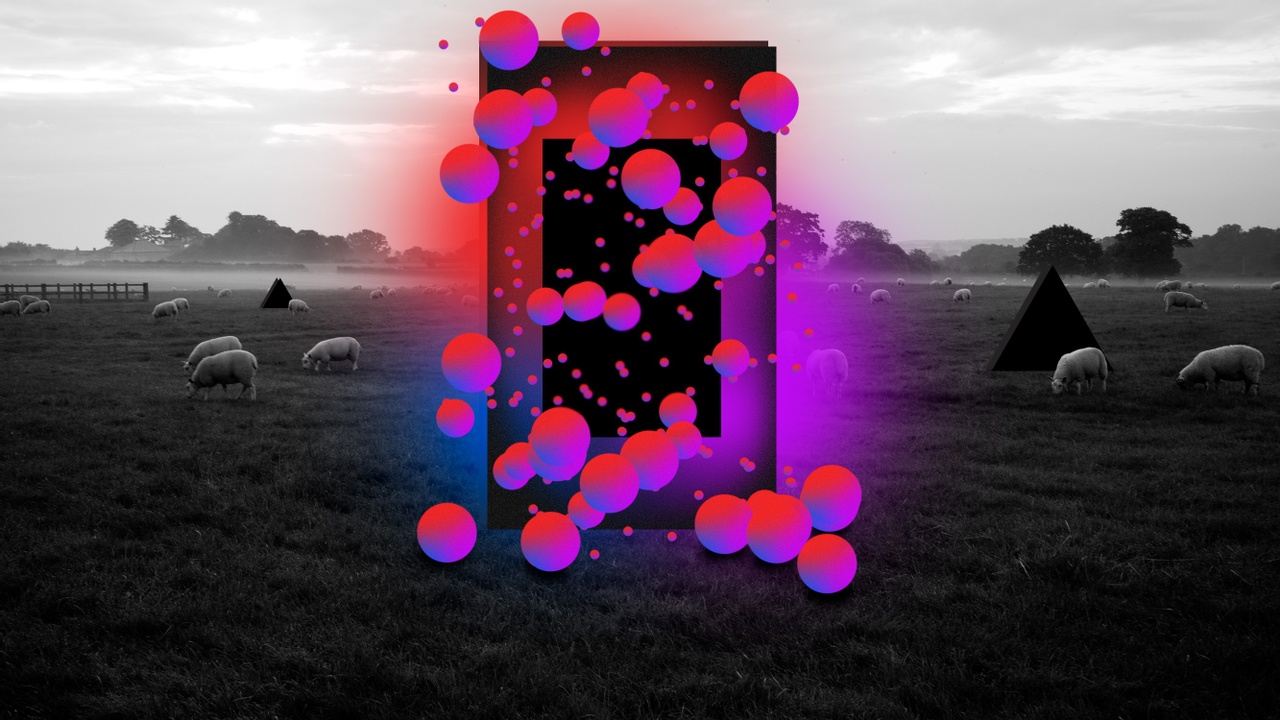
In our current reality of living and doing business during a global pandemic, I envision a Renaissance of sorts on the horizon.
Leading teams in a post-pandemic world will require an agile leadership framework. Keep reading and we’ll uncover the two changes leaders can implement to succeed.
In a recent article, I pointed to the Age of Discovery and three basic questions upon which every philosophy, idea and solution was debated and tested:
What is true?
What is good?
What is beautiful?
For hundreds of years, this mindset informed how humans progressed, communicated and navigated uncertainty.
That is, until the invention and adoption of mass media by way of radio and then television. Suddenly, instead of ideas being developed, nurtured and disseminated through dialogue, communication became a one-way conversation.
NEW QUESTIONS FOR A NEW CULTURE
From the early 20’s to the beginnings of social media, brands needed only to have in their arsenal one or two persuasive arguments convincing customers to buy their product: Gets out dirt! Will make you more attractive! You’ll live longer! This was enough of a reason to develop a loyal customer/supplier relationship.
With the invention of mass media and the new opportunity to build brands and companies at scale, the dialogue changed. Today, companies operate in a world where they are trying to gain the attention of a larger marketplace, and simultaneously answering many more questions, and in real time: Are you good for the planet, my health, the employees? Are you doing good in society and culture?
The late Marshall Mccluen -- one of the greatest thinkers of our time -- predicted the World Wide Web 30 years before its time. He most notably said:
"The medium has become the message."
He was right.
Even the very framework for evaluating answers is crowdsourced. Tweets tell us what is true, Ratings and Reviews decide what is good, and Influencers show us what is beautiful.
As a result, we’ve gone full circle and have arrived back at the city center -- virtual, of course. Bringing a new idea to market today means that ideas are evaluated, discussed, rated and reviewed in real time.
Who’s been asking the hard questions to ensure the products and services are true, good and beautiful?
With the ease of development and reasonable cost of marking new products, it wasn’t necessary to discriminate. As a result, we ended up with seemingly endless products on the shelves.
During the COVID-19 crisis, which began in late winter of 2020, there was a great culling down to what is truly essential, and people all over the world were forced to live with less--or at the very least, fewer choices.
Did you know that grocery stores alone saw a 7% reduction in SKUs as an impact of managing the pandemic?
Let me break that down:
Pre-pandemic, the average U.S. grocery store carried close to 425 different yogurt varieties, which is an increase of 4% since 2015.
Chobani’s President, Peter McGuinness, estimated roughly 75% of them don't sell.
To underscore that point, McGuinness estimated there are about 14 different strawberry yogurts on shelves, with only the top two garnering 93% of the total volume.
More isn’t always better.
Many predict, just like the period following the Black Death in Italy, there will be a resurgence in the need to advance forward into new spaces. Dozens of the CMOs and thought leaders I’ve spoken with over the last six months see something interesting on the horizon, post-pandemic:
On the horizon, I can see a Golden Age of Creativity, with ideas and solutions emerging not out of indulgence, but out of necessity.
As a result, a different kind of leadership will be required to successfully venture into the unknown, and find or create the new things that move us forward.
What will be required?
A leadership approach that is relentless on anchoring any solutions to the three fundamental questions: Is it true? Good? Beautiful?
Being incrementally better or different won’t be good enough anymore.
To succeed in this unknown sea, leaders must adopt agile mindset and methods. In order to get teams from Point A to Point B, there are two critical actions leaders need to take.
A LEADERSHIP MINDSET MEANS ASKING QUESTIONS
First, they have to fall in love with the deeper questions before falling in love with solutions.
Questions like:
- How can I make this better for the planet?
- How does this solve an unmet need?
- What’s never been done before?
This quote by Albert Einstein says it all:
“If I had an hour to solve a problem I’d spend 55 minutes thinking about the problem and five minutes thinking about solutions.”
In our 5 BIG Questions that we use to help teams plan their Quest, we start by asking pointed questions that help us identify the actual problem and the layers beneath it.
Want to learn more? Check out The 5 Big Questions Your Team Needs to Answer.
LEADERS MOTIVATE TEAMS BY CULTIVATING CREATIVITY
Second, leaders have to re-claim the discretionary capacity of their teams to create the headspace to ignite creative thinking.
There are two types of thinking, and they don’t always play well together:
- One kind of thinking works to optimize an ordered and certain process.
- The second is ready to seek out and find new solutions in chaos and uncertainty.
Your team needs you to lead in such a way that allows both types of processing to succeed.
bigQUEST Can Help
Do you need some guidance as you navigate the future and adjust to the changing landscape and leadership methods?
Get in touch with me.
I’ve been leading teams for decades, turning compound challenges into unforgettable adventures. Schedule a consultation so I can help you lead your team on the Quest of a lifetime.
What changes have you encountered in the marketplace recently? Leave a comment and share your experience.

